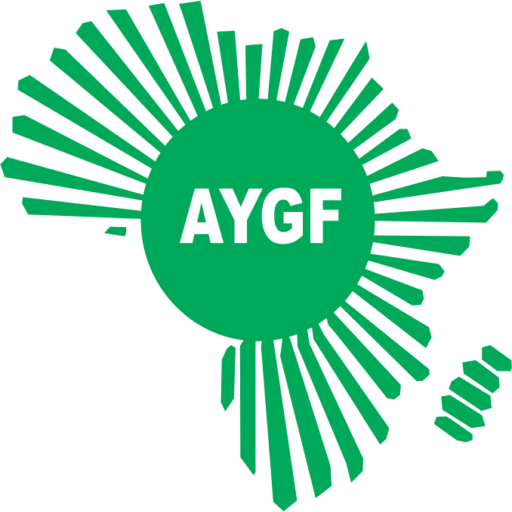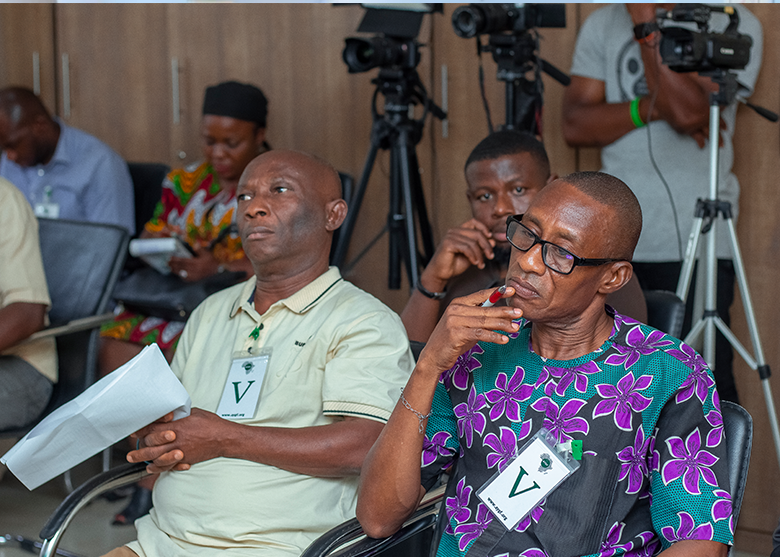This World Press Freedom Day, celebrated on May 3rd, the world grapples with a monumental challenge: the global environmental crisis. As the UN emphasizes, a free press is more crucial than ever before.
Established in 1993 by the UN, World Press Freedom Day commemorates the Windhoek Declaration, a cornerstone document advocating for free press and independent journalism. This year marks 30 years since its signing, and the core principle – the public’s right to information – remains as essential as ever.
Local and international journalists play a vital role in exposing the harsh realities of the environmental crisis. They shed light on issues like:
- Disruptions in supply chains
- Climate migration
- The impact of extractive industries (illegal mining, pollution)
- Poaching, animal trafficking, and deforestation
- The devastating effects of climate change
By bringing these issues to light, journalists act as watchdogs, promoting peace and democratic values while ensuring the protection of vulnerable communities, particularly women and girls, who are disproportionately impacted by climate change.
Misinformation surrounding environmental issues can be detrimental. It can hinder public support for climate action, weaken effective environmental policies, and leave vulnerable communities exposed.
Accurate, timely, and comprehensive reporting on environmental issues and potential solutions is vital to achieving sustainable development. Journalists play a critical role in informing the public and holding authorities accountable.
However, ensuring a free press requires action:
- Preventing and protecting journalists from violence and intimidation.
- Upholding the right to freedom of expression, scientific research, and access to information.
- Combating misinformation through responsible journalism.
In Nigeria, promoting Media and Information Literacy programs is crucial. These programs equip users with the skills to critically evaluate information in the digital age, further supporting a free and informed public.
A free press is not a luxury in the face of the environmental crisis; it’s a lifeline. By supporting a free press, we empower journalists to expose environmental threats, hold authorities accountable, and pave the way for a sustainable future.
Let’s celebrate World Press Freedom Day by advocating for a free press and media literacy – it’s our planet’s future at stake.

